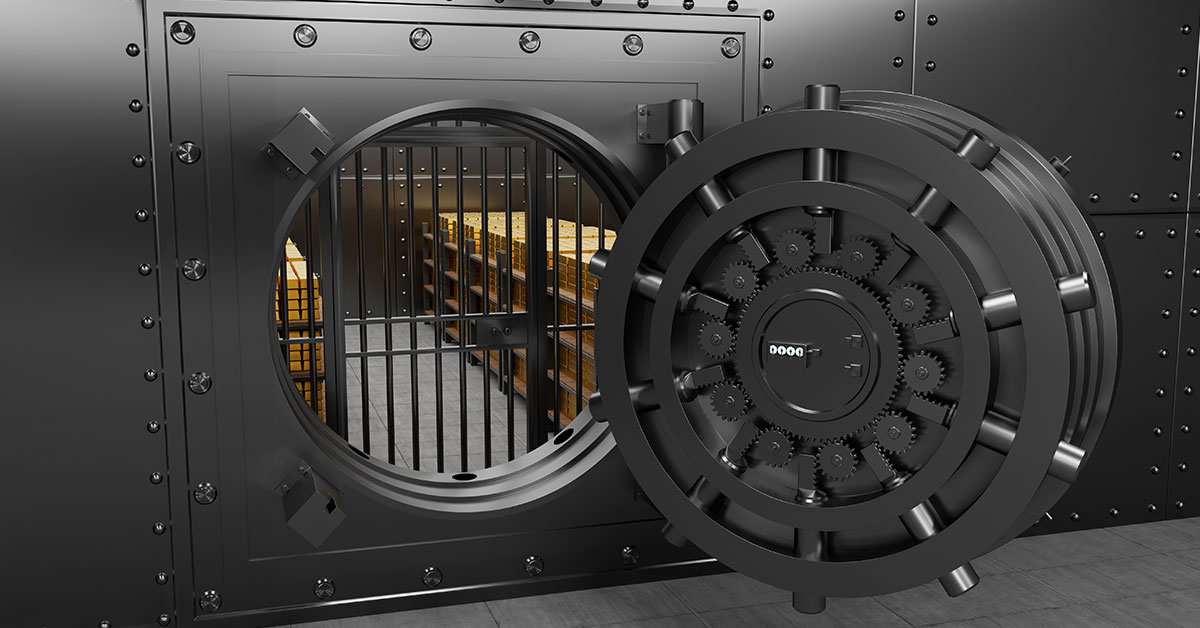FDIC and NCUA Insured
Your financial institution is one of the safest places to store your hard-earned cash. The best part? All you have to do is open an account.
There are two organizations, both backed by the United States government, that insure your money at participating institutions. The FDIC (Federal Deposit Insurance Corporation) provides coverage for banks and the NCUA (National Credit Union Administration) does the same for credit unions. These organizations both function as safety nets for your deposits.
At least $250k is protected by these institutions (and possibly a lot more, depending on the type of account). Because of this protection, insured banks and credit unions and the covered accounts within them are one of the safest places that you can keep your money. In other words, it’s completely safe to keep your money in a financial institution where it’s insured and protected.
Protected accounts include checking and savings accounts, money market deposit accounts, CDs, share certificates, IRAs, and more. Almost all banks and credit unions offer FDIC or NCUA protection to their account holders. You can verify that you’re covered by visiting your institution’s website or by giving them a call.
How much money is insured?
How much coverage you have depends on what ownership category your account falls into. If you have a savings account and a checking account, those are both in the single-owner account category, so they would be insured for a total of $250,000. But if you had accounts in different categories—say a checking account and an IRA—each account would be insured for $250,000, meaning you would have a total of $500,000 of protection. The FDIC provides more information about deposit insurance on its website.
The vast majority of financial institutions and their account types are covered under these two organizations. But if you’re worried at all about whether your institution or account is secure, check their website, talk with one of their representatives, or stop by a branch to confirm that your account is covered.
Are trust & joint accounts insured?
The rules change a little when it comes to joint accounts and trusts. Joint accounts are protected for $250,000 per owner. So if you have a joint account with your spouse, it would be insured for a total of $500,000. Trust accounts are generally insured for $250,000 per beneficiary. Meaning, if you have 3 beneficiaries listed in the trust, it would be protected for up to $750,000. In other words, only a trust’s beneficiaries are protected, not a trust’s owner.
How can I protect all my money?
There are lots of specifics when it comes to FDIC and NCUA insurance. If you want to get more information about your situation and find out the best way to ensure that all of your money is protected, you can talk with your bank or credit union or check out the websites for the FDIC or NCUA.
What can I do if I want to invest or deposit more than $250,000?
At First Bank of the Lake, we have programs available or deposits exceeding $250,000. While you still earn a competitive rate of return, our programs ensure all your deposits receive full FDIC insurance coverage. The best part of our program is it allows you to keep your entire relationship with First Bank of the Lake, allowing you to maintain one point of contact for all your banking needs.

